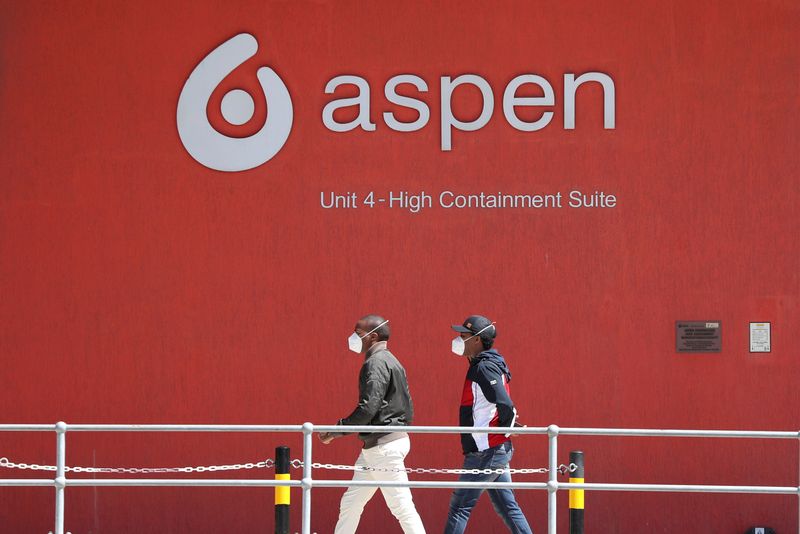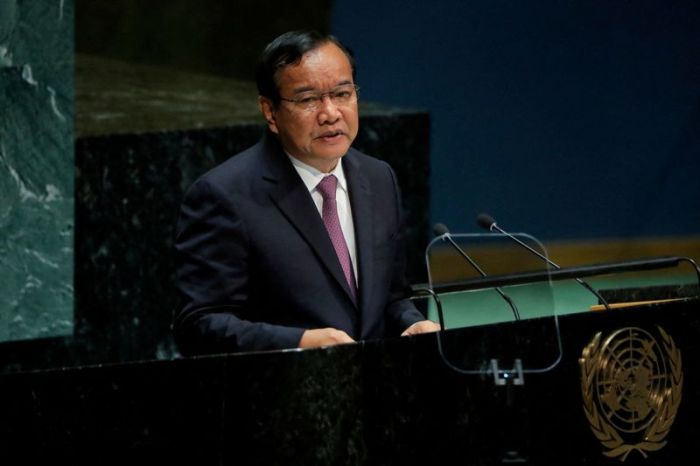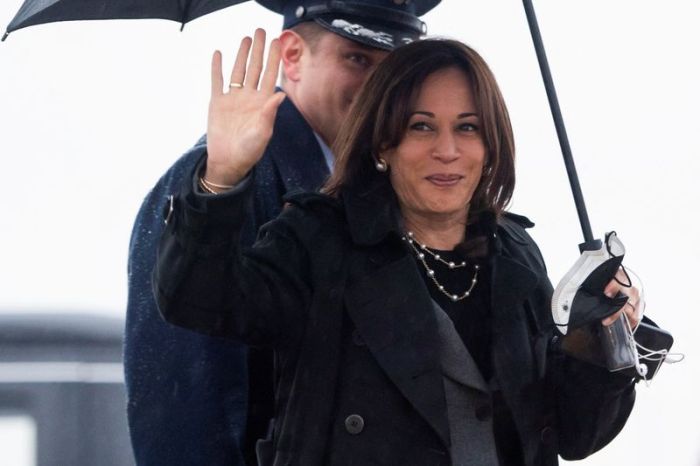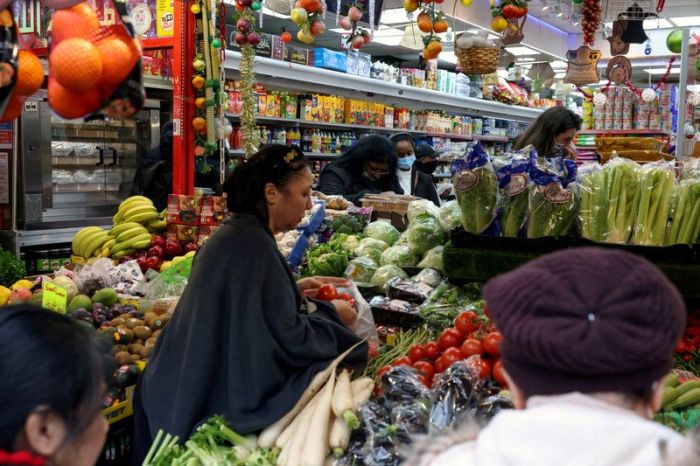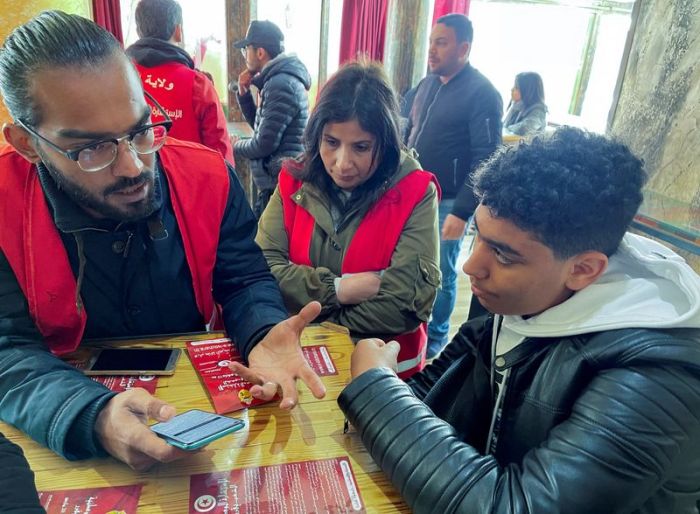JOHANNESBURG (Reuters) -South Africa’s Aspen Pharmacare will start supplying its branded COVID-19 vaccine to African nations by June, its chief executive told Reuters on Wednesday, after the drugmaker reported a 37% rise in profit for the half-year to Dec. 31.
Its shares were up 5% by 1315 GMT, outpacing a 0.6% rise in the broader market index.
Aspen said on Tuesday it had struck a deal with Johnson & Johnson to package, sell and distribute the American group’s COVID vaccines under the Aspenovax brand in Africa.
The agreement paves the way for Aspen to supply the COVID-19 vaccine across Africa, which has by far the lowest vaccination rate in the world.
“We will be in a position to supply 35 million vaccine doses per month by June,” CEO Stephen Saad said, adding that a part of that will still be contracted to J&J.
He said Aspenovax would lead to a “material jump” in its revenues and profits from next year starting July 2022.
In November 2020 J&J contracted Aspen to package the COVID-19 vaccine components into final vials, a process called fill and finish, and supply it back to J&J. Under the terms of the deal, Aspen is currently supplying 20 million doses per month to J&J.
Saad said the company would still only package the vaccine and will not produce the drug substance, which many South African health experts have said would be the next step for Aspen under its partnership with J&J.
“I think we want to see where the volumes go sustainably. If the volumes peak for a year or two and then go away, then I don’t want to invest in something that has no demand in future,” he said.
The company is increasing its vaccine capacity from roughly 450 million doses now to 750 million by February 2023. This could also be used to service cancer treatments or insulin which would give the company “broad access to emerging markets”, he said.
($1 = 15.1579 rand)
(Reporting by Promit Mukherjee; Editing by Louise Heavens and Jan Harvey)

